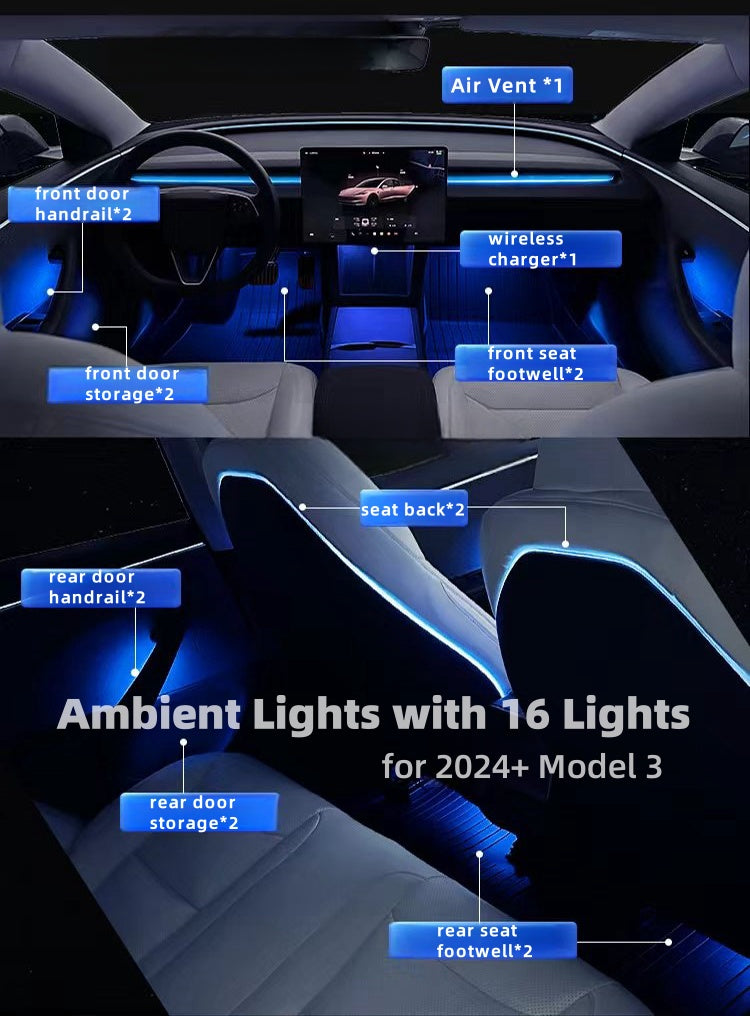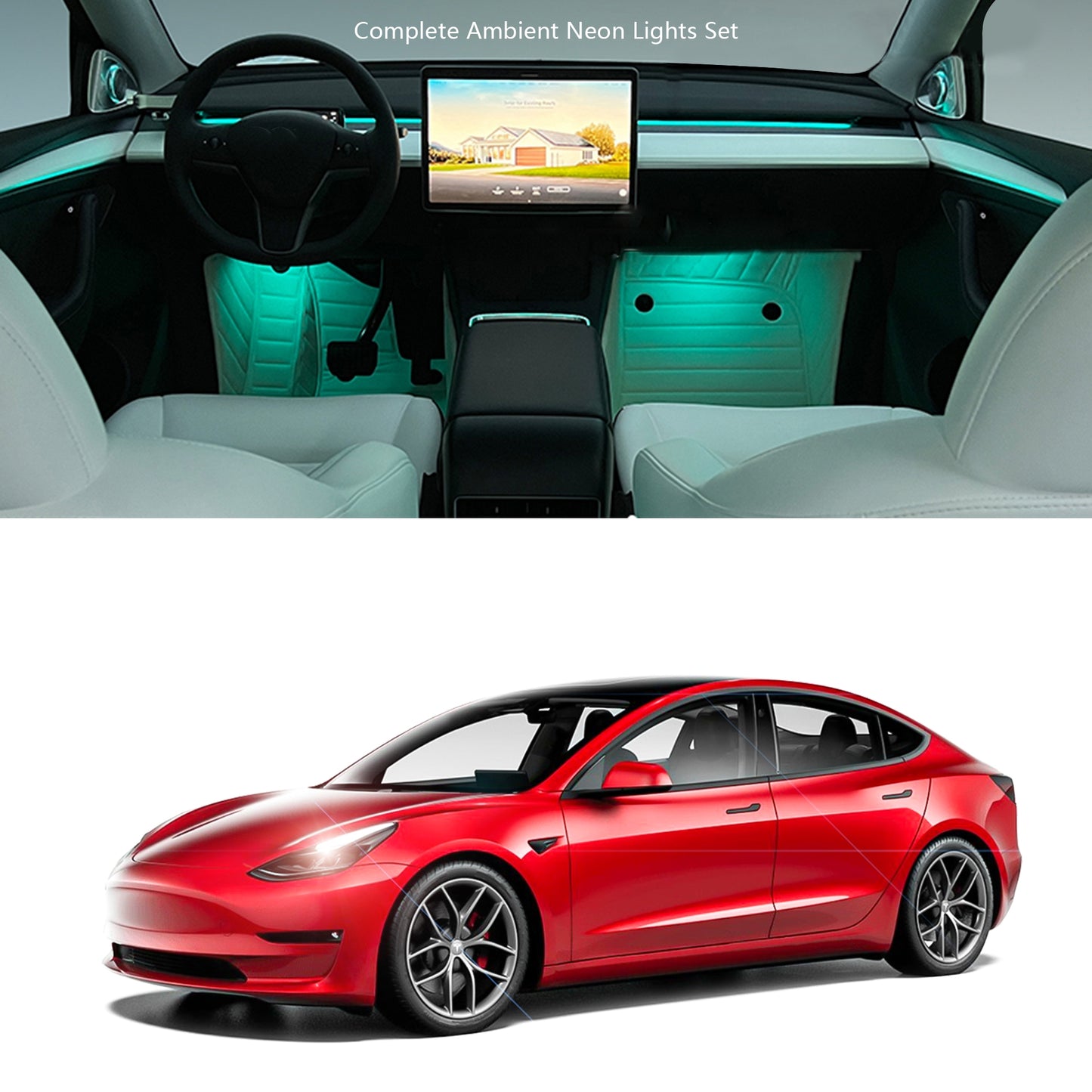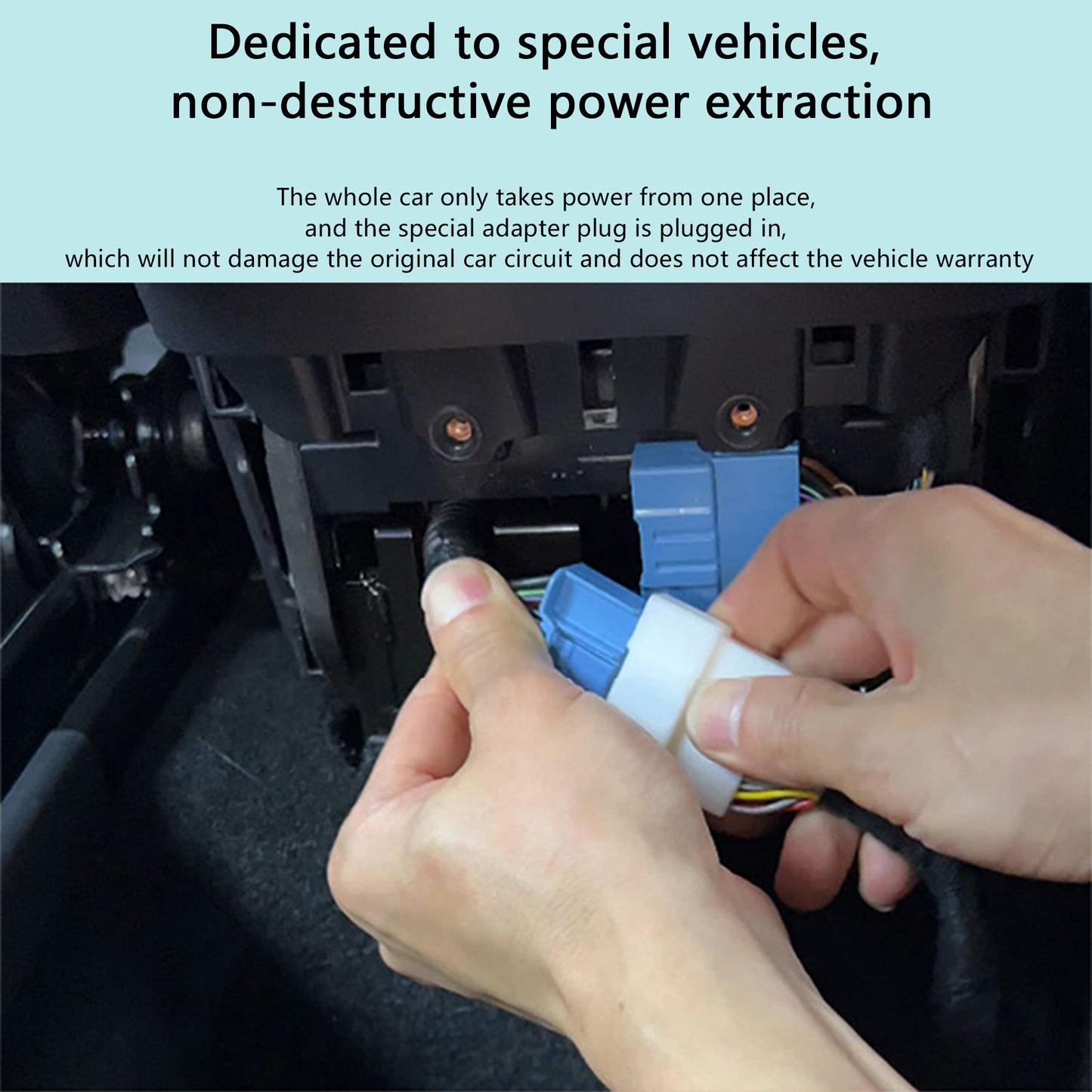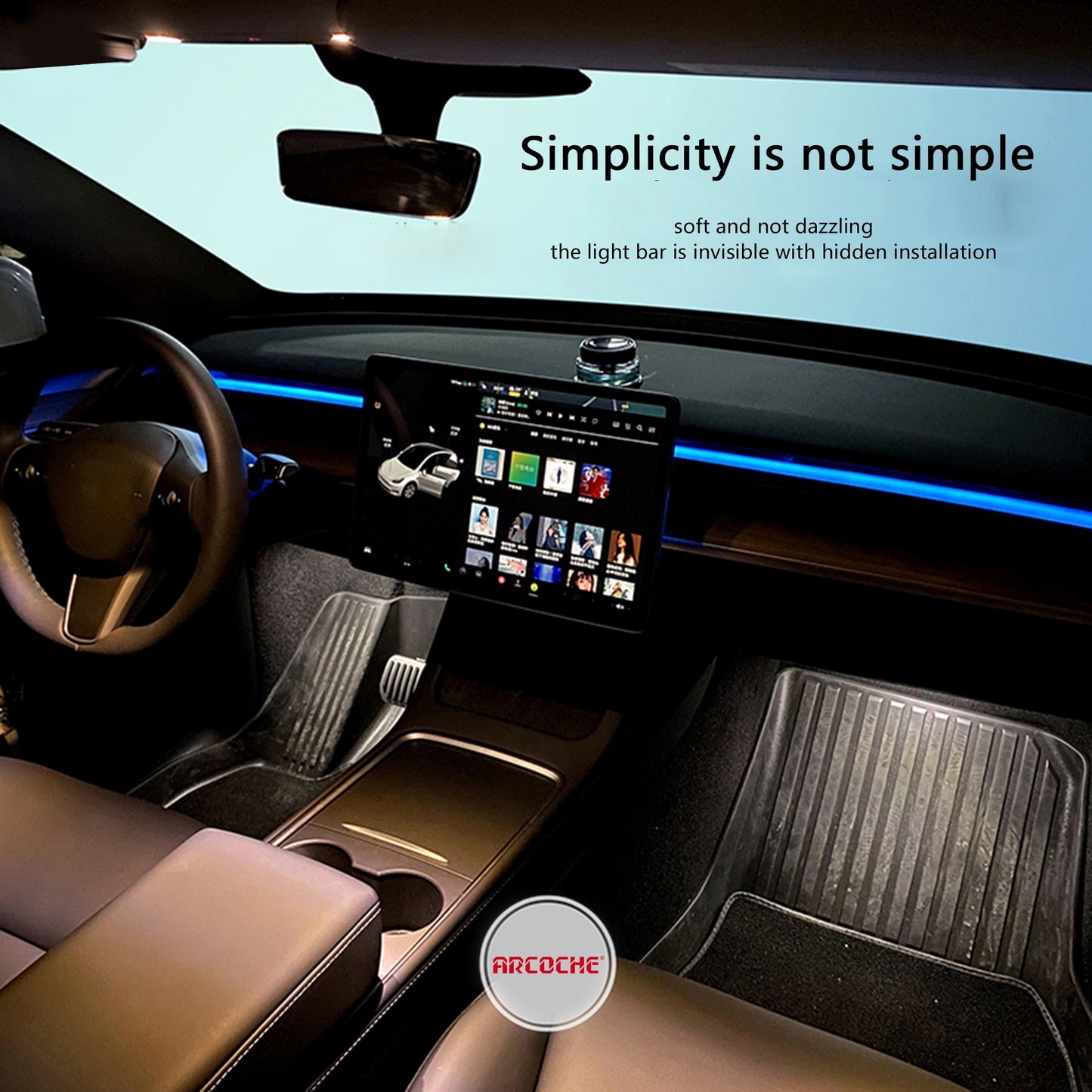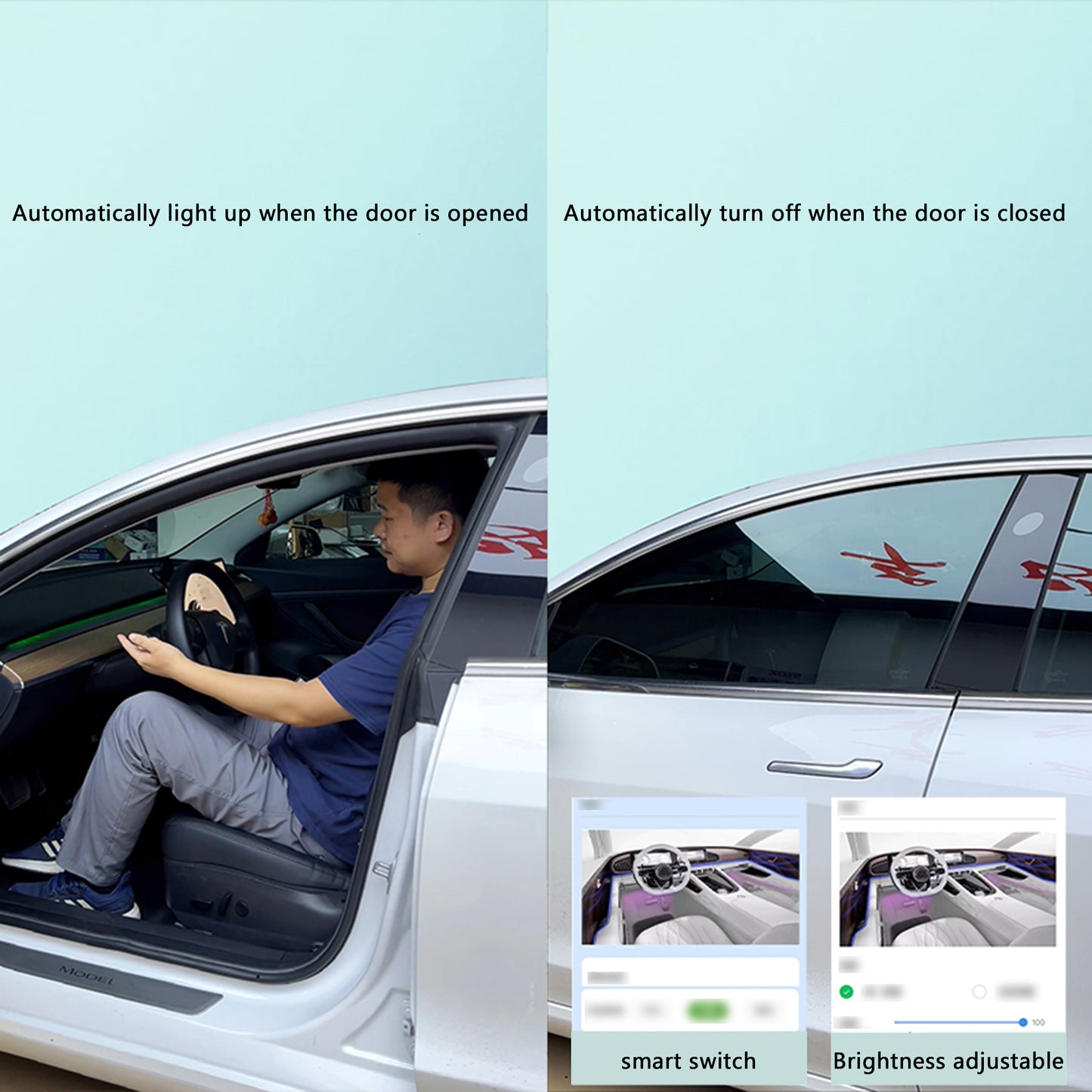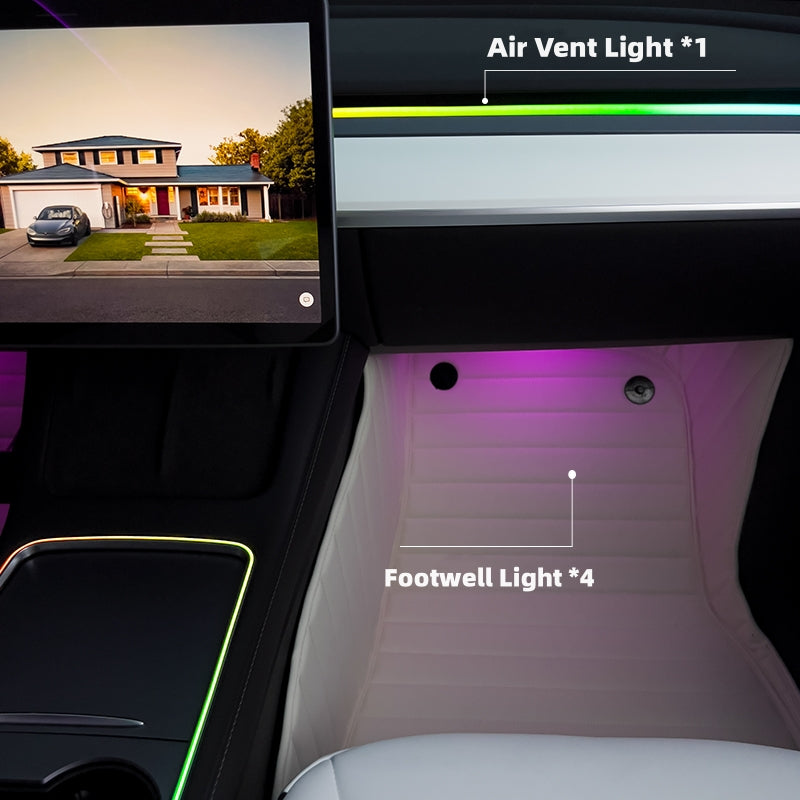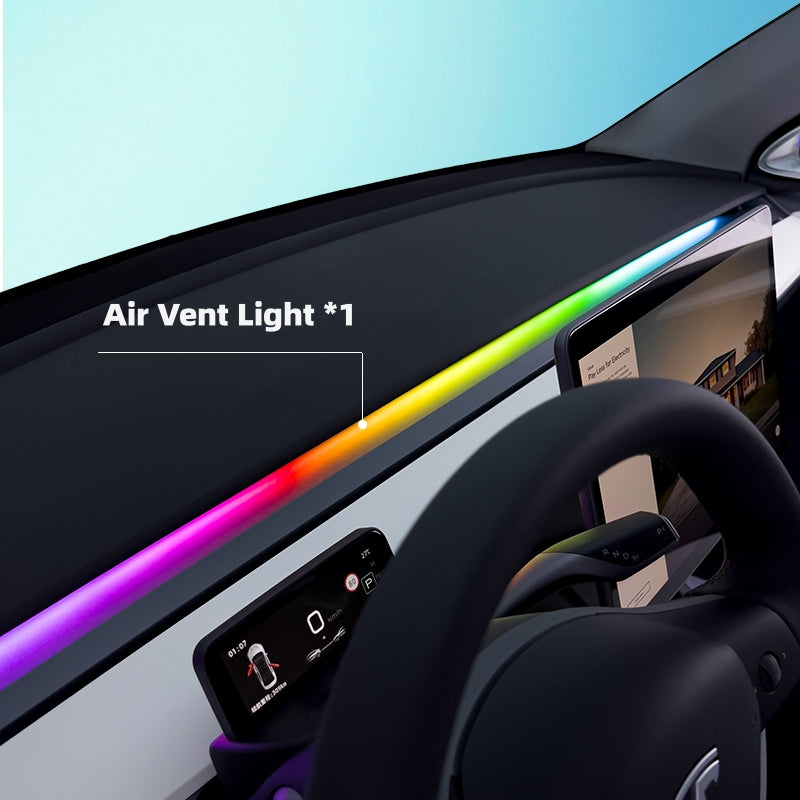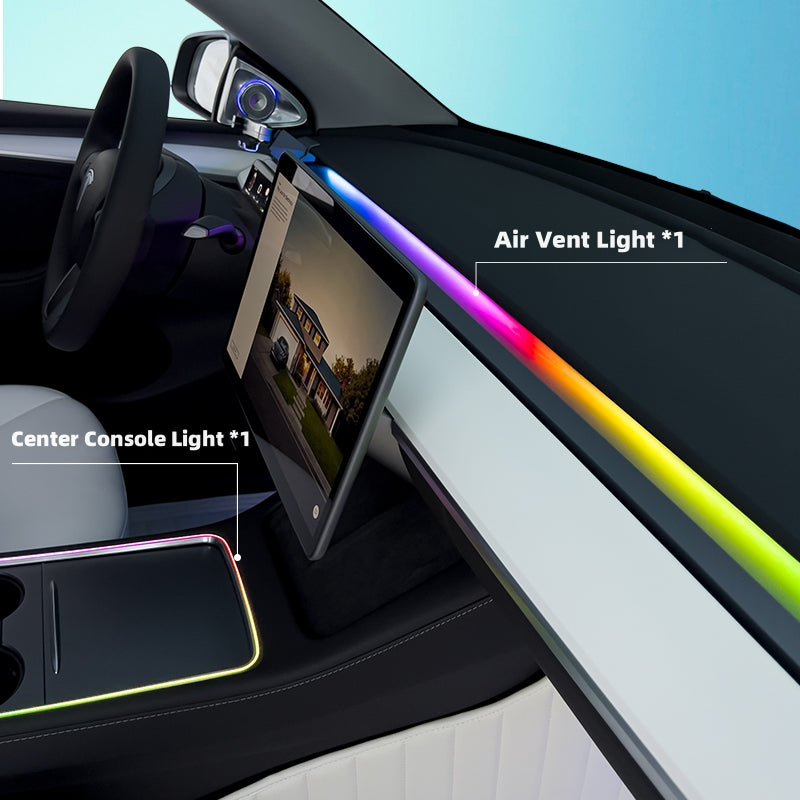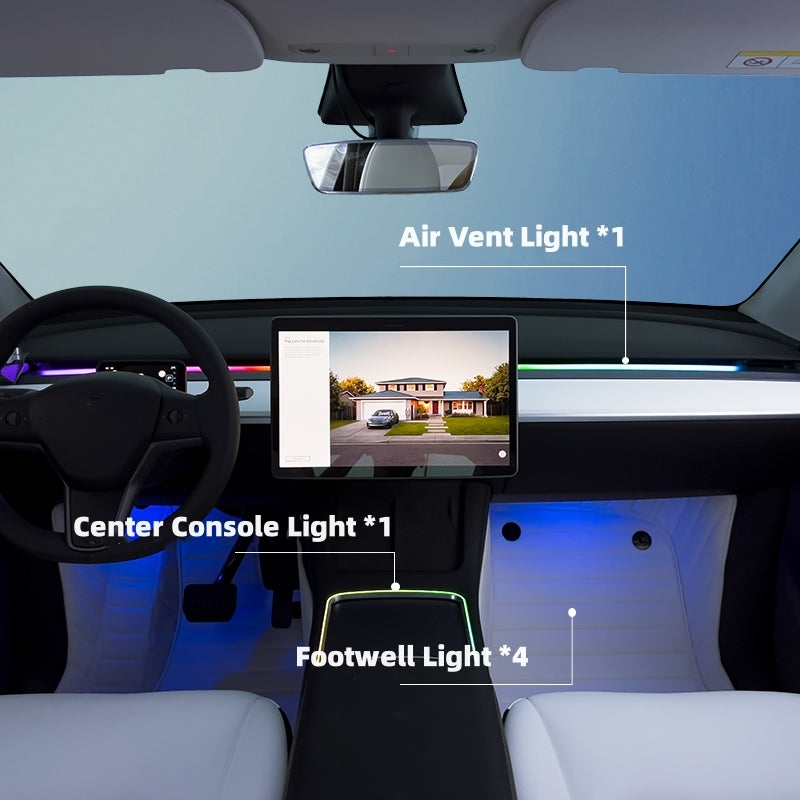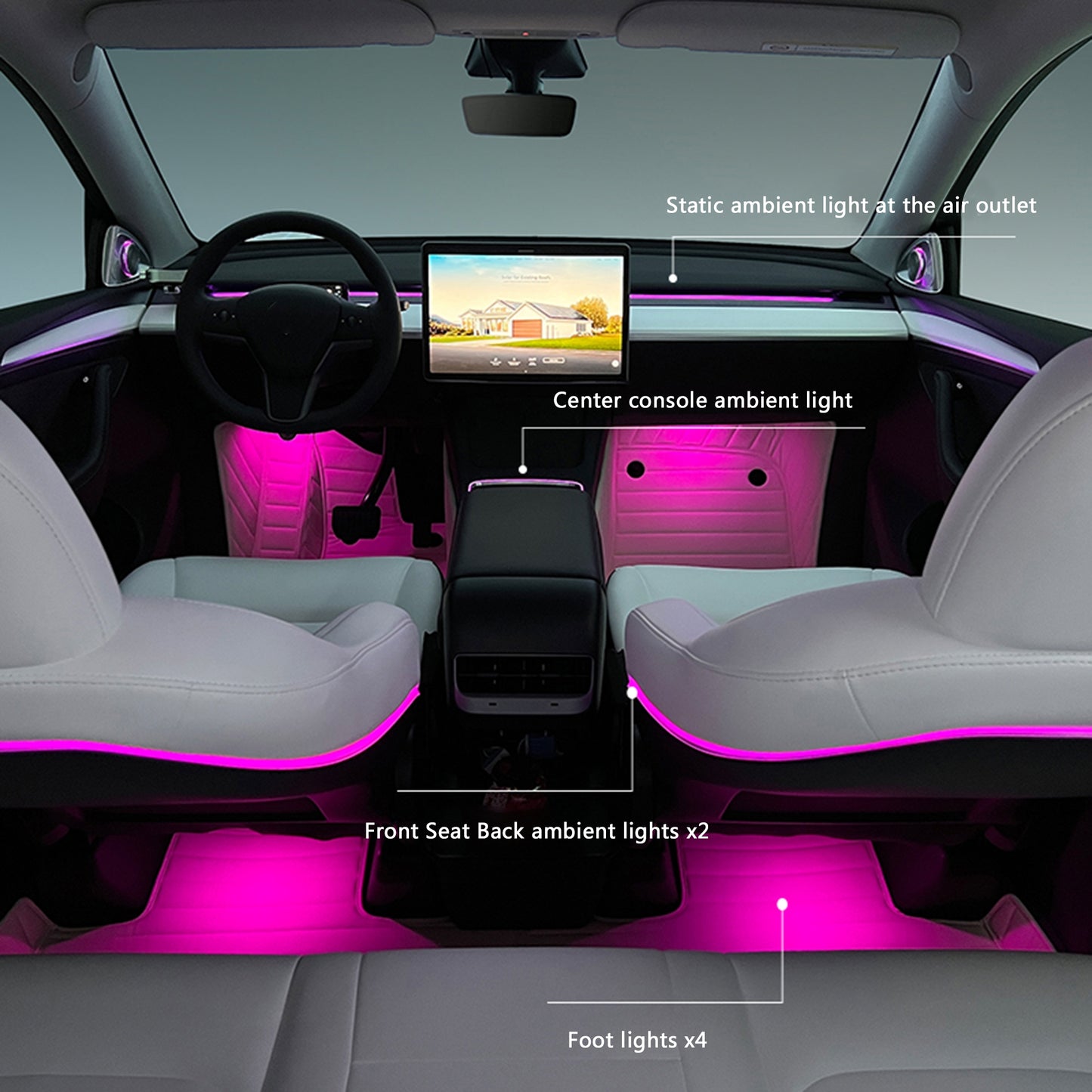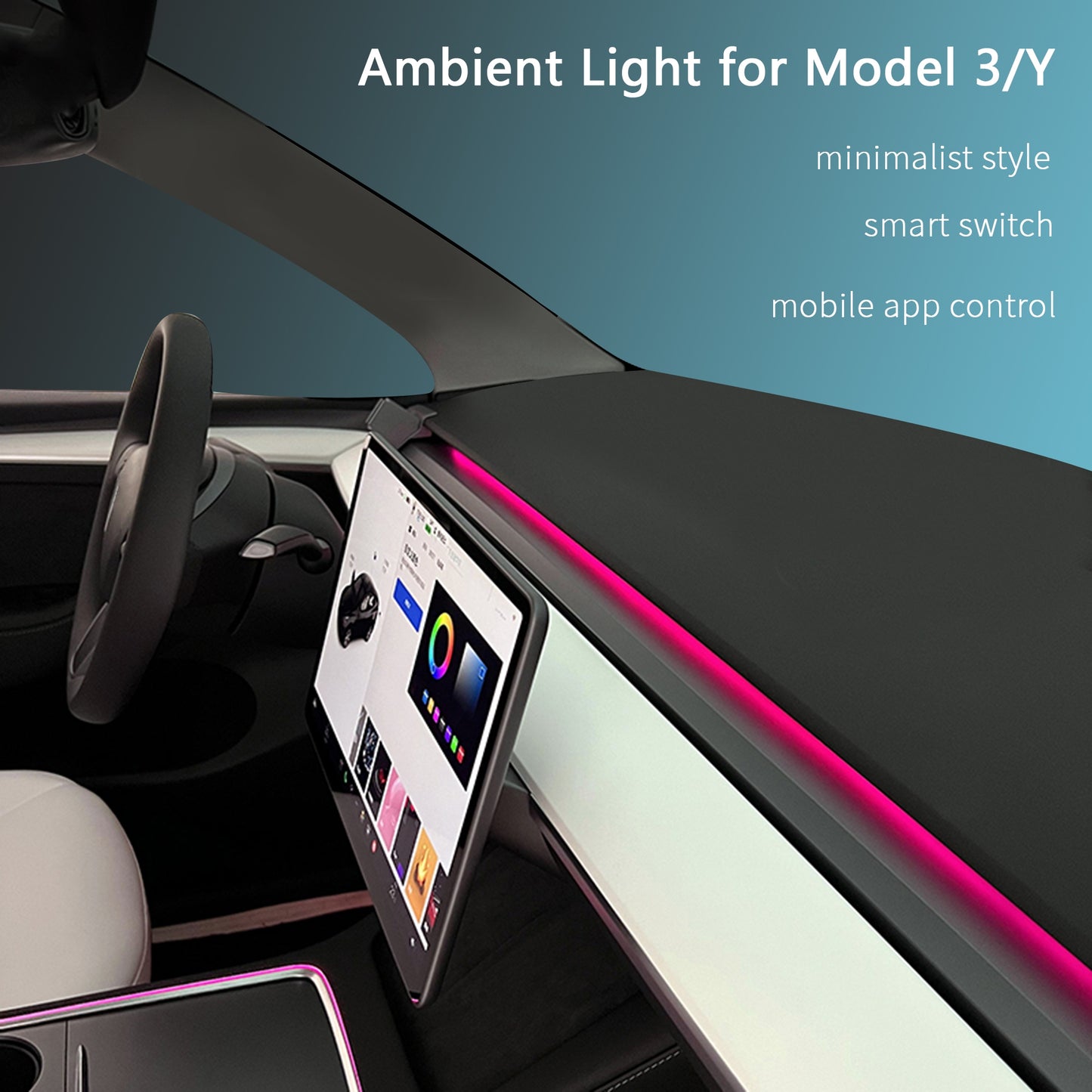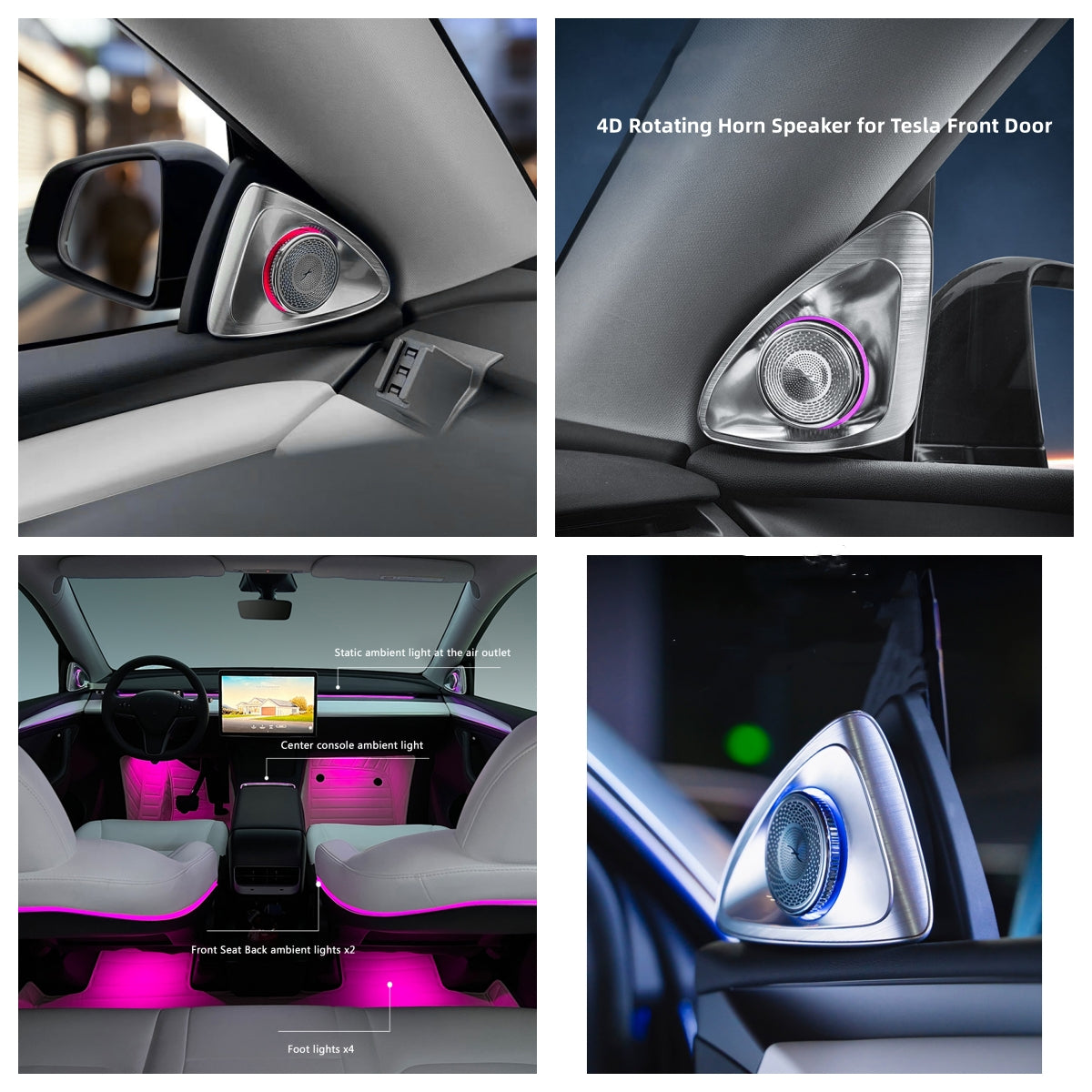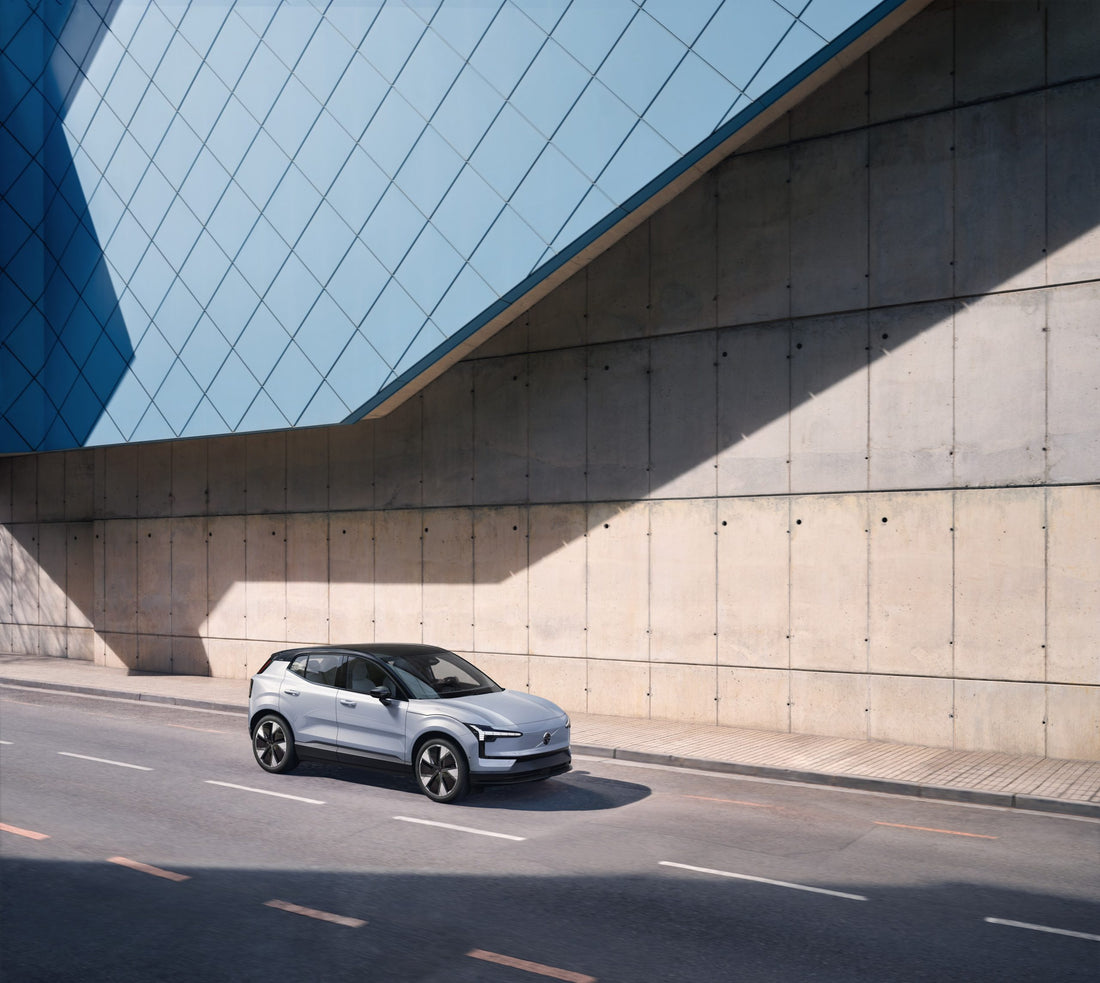
Revolutionary Move: Supplier of Tesla's Casting Machines Set to Forge Giga Presses for Volvo
Tesla's Giga Press technology continues to gain traction among automakers transitioning to electric vehicles (EVs), with the recent announcement of a new contract between the electric car manufacturer's casting machine supplier and Volvo.
IDRA, an Italian casting machine manufacturer, revealed the partnership with Volvo in a press release this week. The collaboration involves the installation of two 9,000-ton Giga Presses at Volvo's Košice, Slovakia factory. Originally developed for Tesla, these casting machines have also been adopted by other major automakers such as Ford, Toyota, and Geely, the owner of Volvo.
IDRA emphasized the impact of its Italian innovation on revolutionizing automotive manufacturing in the press release. The company's expertise and forward-thinking approach played a crucial role in developing and implementing Giga Press technology. The collaboration with Volvo underscores IDRA's commitment to driving progress in the industry.
According to a press release from Volvo last year, production equipment, including Giga Presses, is expected to be installed at the Košice plant next year. Additionally, Volvo aims to commence series production of its electric vehicles (EVs) in 2026, with the plant designed to be completely climate-neutral upon opening.
Volvo envisions producing approximately 250,000 cars per year at the Slovakia factory, generating thousands of jobs.
This development follows our report last year that Volvo planned to adopt Tesla's Gigacasting techniques, particularly at its Toslanda, Sweden factory responsible for manufacturing models like the Volvo XC90, XC60, and V90.
In a statement last year, Volvo's vehicle platform architect, Mikael Fermer, referred to the shift to Tesla's casting style as the "biggest technology shift since we switched from wood to steel (for car bodies)."
Tesla pioneered the production of large aluminum die casts for a vehicle's rear underbody, streamlining parts, minimizing scrap, and enhancing overall efficiency compared to traditional stamping methods. Analysts have also suggested that this casting technique contributed to Tesla's profitability compared to other automakers.
----------This article is partly excerpted from Charged EVs.



